Fifteen-Minutes-of-Fame
Thomas Piercy
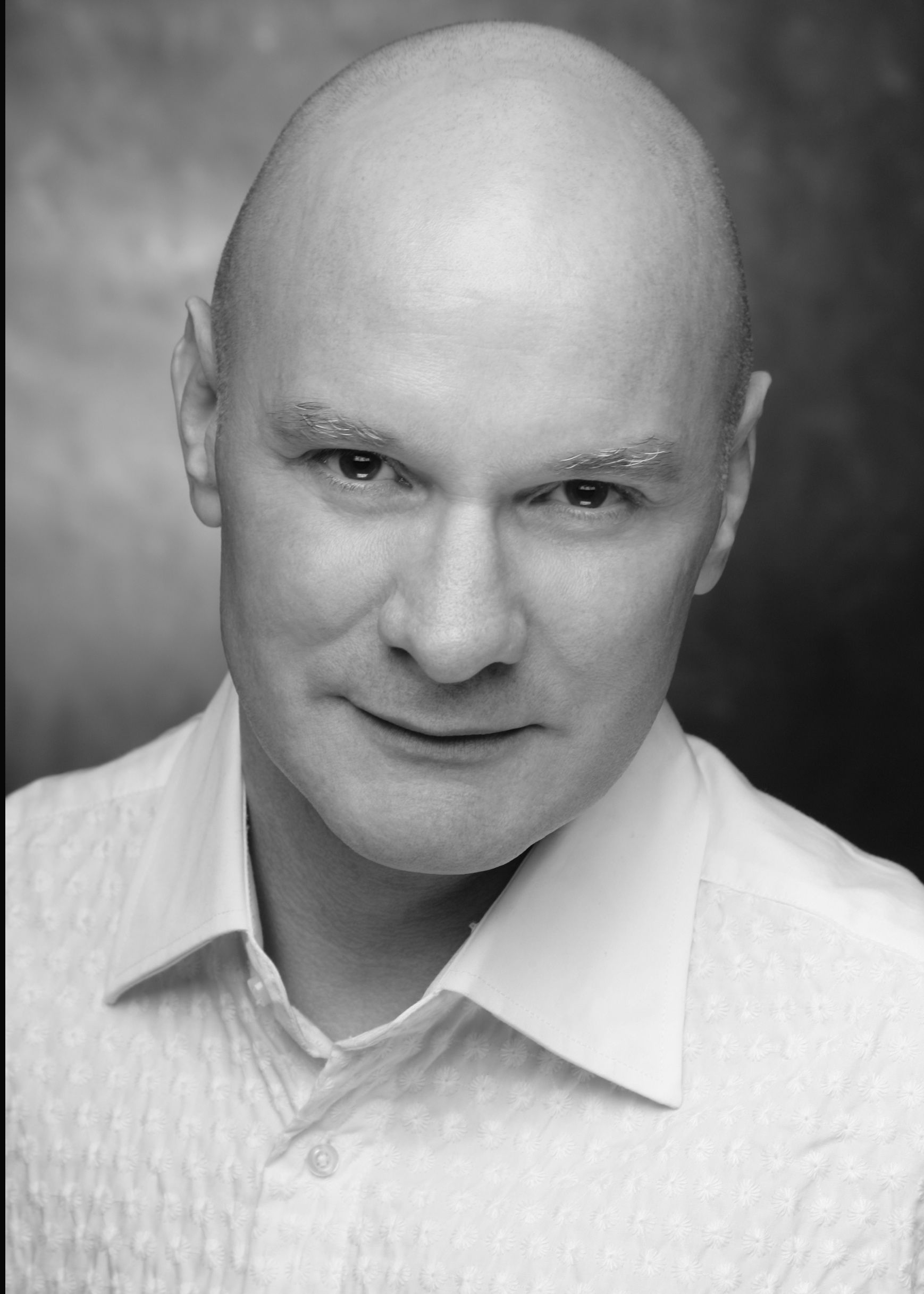
Fifteen Minutes of Fame: Thomas Piercy - hichiriki
Thomas Piercy is a critically acclaimed musician with orchestral, concerto, solo recital and chamber music appearances throughout the Americas, Europe and Asia. Described by The New York Times as “Brilliant...playing with refinement and flair…evoking a panache in the contemporary works…,” Mr. Piercy presents audiences to varied and exciting concerts of standard classical music, jazz-inspired programs, contemporary works, pieces written specifically for him and his own original arrangements, compositions and collaborations.
Concert Dates
- January 15, 2022 - Virtual Concert Halls
15 one-minute selections for Thomas Piercy
-
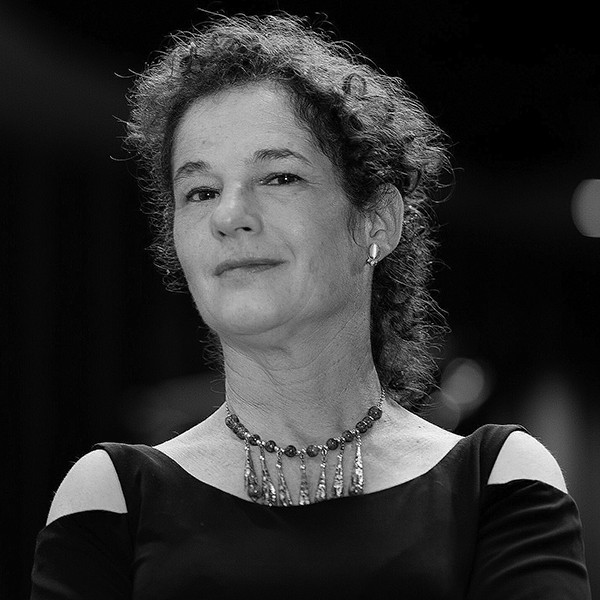
A Seed of Hope
Eliane Aberdam
Eliane Aberdam studied piano and theory in Grenoble, France. She completed her undergraduate studies in composition at the Rubin Academy in Jerusalem. She received her MM at U.Penn and her PhD in composition at UC Berkeley. Eliane is versatile in multiple styles and genres. She teaches at URI since 2001.
"A Seed of Hope" has been composed specifically for this competition for hichiriki for Thomas Piercy. The title is a reference to multiple states of hope, personal hope for healing, the seeds we plant in spring, hope for a healthier planet, hope for peace and justice world-wide. -
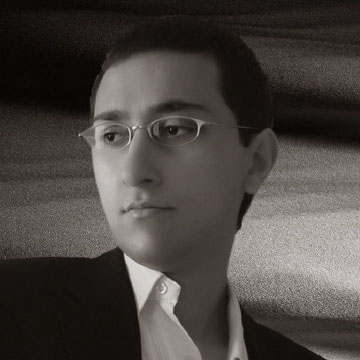
Life: first, gave birth to suffering, then, the universe
Can Bilir
Can Bilir completed his DMA (2019) degree at Cornell University. He was awarded with Fulbright Scholarship for his graduate studies in the US. He received commissions for the MET in New York City for Grammy winning clarinetist Kinan Azmeh with Aizuri Quartet, MusMa–European Broadcasting Project, and JACK Quartet.
This piece is a blurred-genre (Behar, 2007). The title is a poem, that is inspired by haiku. The listening changes when body is sick, isolated, and intertwined with cosmic contemplation, with body’s own pulses of heart beats irregularly pumping in the inner ears. -
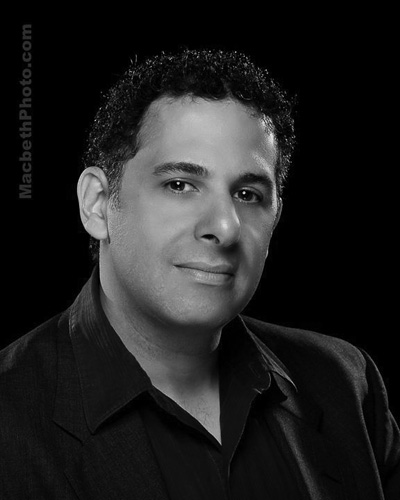
BUZOKU NO UTA (TRIBAL SONG)
Erik Branch
ERIK BRANCH is a native of New York City, and received a BA and MA in Music (Composition) from Hunter College. He lives near Orlando, Florida, where he is active as a pianist, musical director, composer/arranger, operatic tenor, and actor on stage and screen.
The initial phrase of BUZOKU NO UTA (Tribal Song) was suggested by chants I heard in a performance of a traditional dance of the Apsáalooke (Crow) people. I felt that that using these ideas in a piece for hichiriki would be an interesting and unexpected combination of elements. -
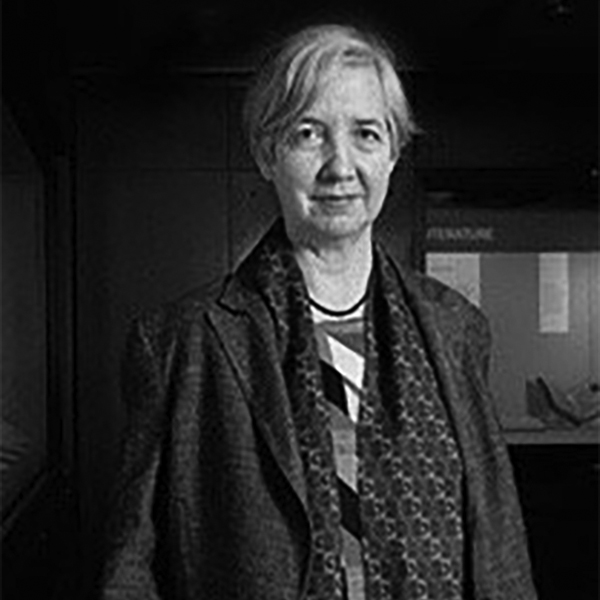
Yardangs
Susan Brewster
From USA, Susan lives in London. Having studied and worked in multi-musical genres, Western and non-Western traditions, she has composed and performed for dance, theatre and film. Early songs are included in the Smithsonian Collection. Her award winning Electroacoustic piece ‘Golden Waves’ combined scientific and artistic ways of thinking.
A yardang is an Aeolian landform sculpted by wind.‘Yardangs’ joins strands of images and concepts that intrigue me. Tuning in to random sound, or discovering patterns in the environment, inspires a language of music. The Sphinx is probably an ancient limestone yardang carved into its animal shape by humans.
-
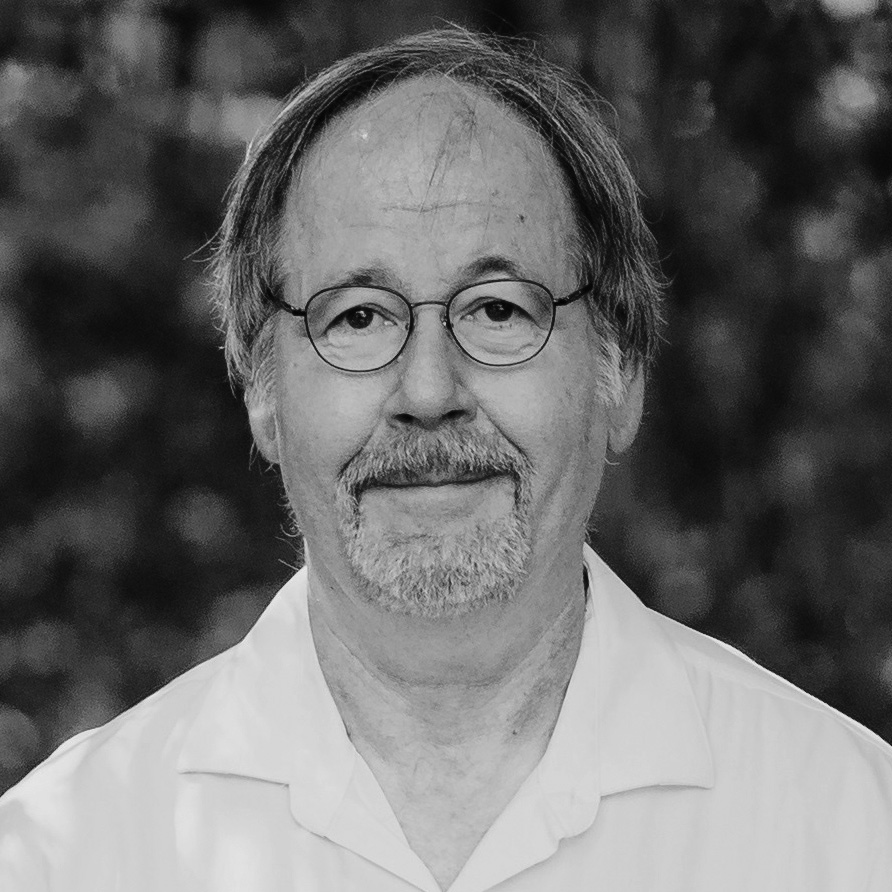
near a ravine
Michael Coleman
Michael Coleman (b. 1955) has participated as composer/pianist in numerous new music programs and festivals in the U.S and Russia and has also had works performed in Austria, Bahamas, Belgium, Costa Rica, France, Kazakhstan, México, and Uzbekistan. Recent awards include First Diploma in the 2021 Golden Key International Composition
"near a ravine" (2021) is a work for solo hichiriki and is dedicated to Thomas Piercy as part of his participation in the Fifteen-Minutes-of-Fame project. This work is slow and lyrical and the slow tempo and brief pauses are intended as an expression of caution, referencing the title. -
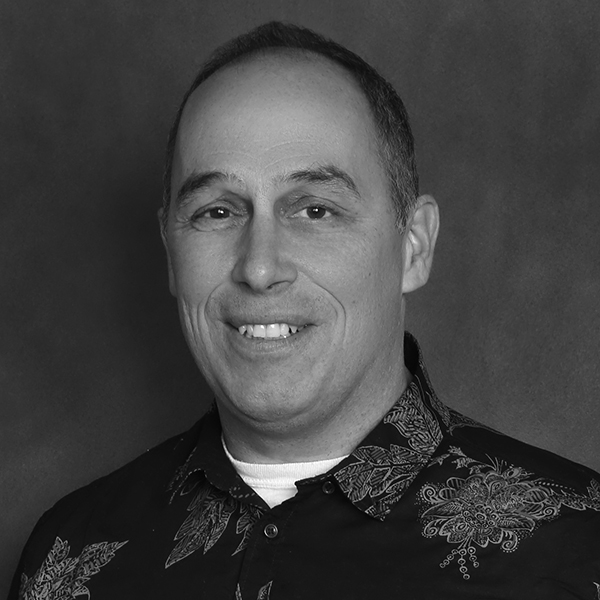
Daidokoro no Jigoku to Kuroi Ten
Douglas DaSilva
Douglas DaSilva is a composer, performer, educator and former Artistic Director of the Composer's Voice Concert Series and Premiere Salon Concerts in New York City. He composes in various styles including jazz, pop, chamber music and experimental. Much of his writing is influenced by Brazilian music and self-inflicted stress.
In addition to his virtuoso musicianship, Tom has a keen eye for photography. I’m a huge fan of Tom’s social media posts. Tom frequently mentions “Hell’s Kitchen” and “Little Black Dots”. With the help of Google translator, I’ve hopefully & questionably translated “Hell’s Kitchen & Black Dots” into Japanese.
-
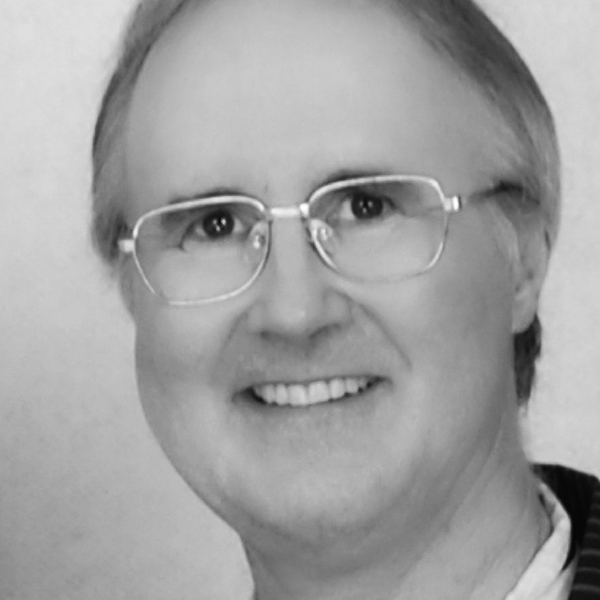
Opening New Doors
Paul Dice
Paul Dice studied with Lou Harrison and at the Boston Conservatory. He’s been commissioned by the American Composers Forum, Central Conservatory, Carleton Chinese Ensemble, Listen, several Chinese musicians and others. Performances include those in China, Russia and the US. He’s inspired by nature and other art forms and cultures.
After participating in Thomas Piercy’s hichiriki workshop I found the experience of writing for an instrument I was previously unfamiliar with completely exhilarating. Attended by wonderful composers from throughout the world, Thomas’s kind and superb mentorship made me feel as if wonderful new doors were opening up for me. -
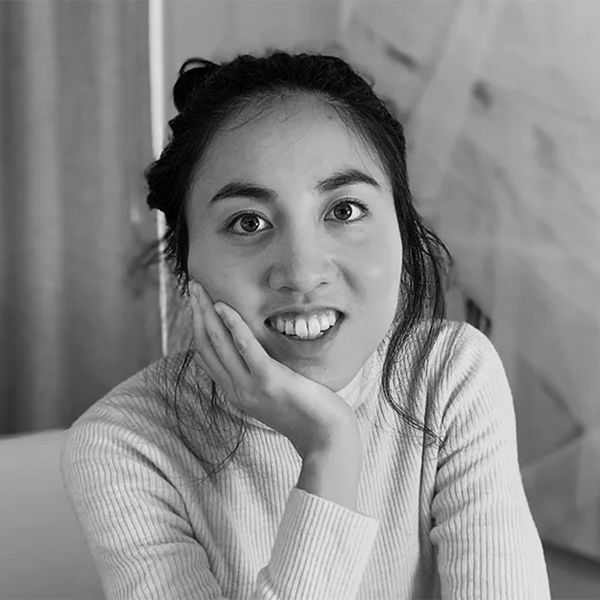
A ringing terrain, a gush of summer
Akari Komura
Akari Komura is a Japanese composer-vocalist. Some of her works have been presented at the Composers Conference, Atlantic Music Festival, soundSCAPE, Montreal Contemporary Music Lab. She holds a M.M. in Composition from the University of Michigan and a B.A. in Vocal Arts from the University of California, Irvine.
The piece meditates on the sound of cicadas that confirms the emergence of summer. Their powerful and piercing streams of calls keep on surging in the scorching heat. Yet, I personally find a sense of melancholy for their transient lives as well as a nostalgic memories of Japanese summers. -
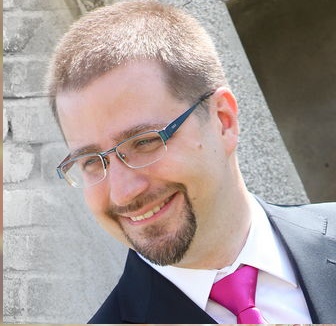
YOMI
Sandro Montalto
Sandro Montalto (1978) is an Italian composer and writer. He attended courses and seminars on Composition, Band Conducting and Choir Conducting. He is the author of music for piano, chamber ensembles, orchestra, wind orchestra and choir, as well as various elaborations and orchestrations.
“Yomi” is the japanese word for the land of the dead. How to create a bridge between East and West the score is based on the notes in the word “Ade” (the kingdom of souls in greek and roman mythology), and on a pentatonic japanese scale called “Yo Scale”. -
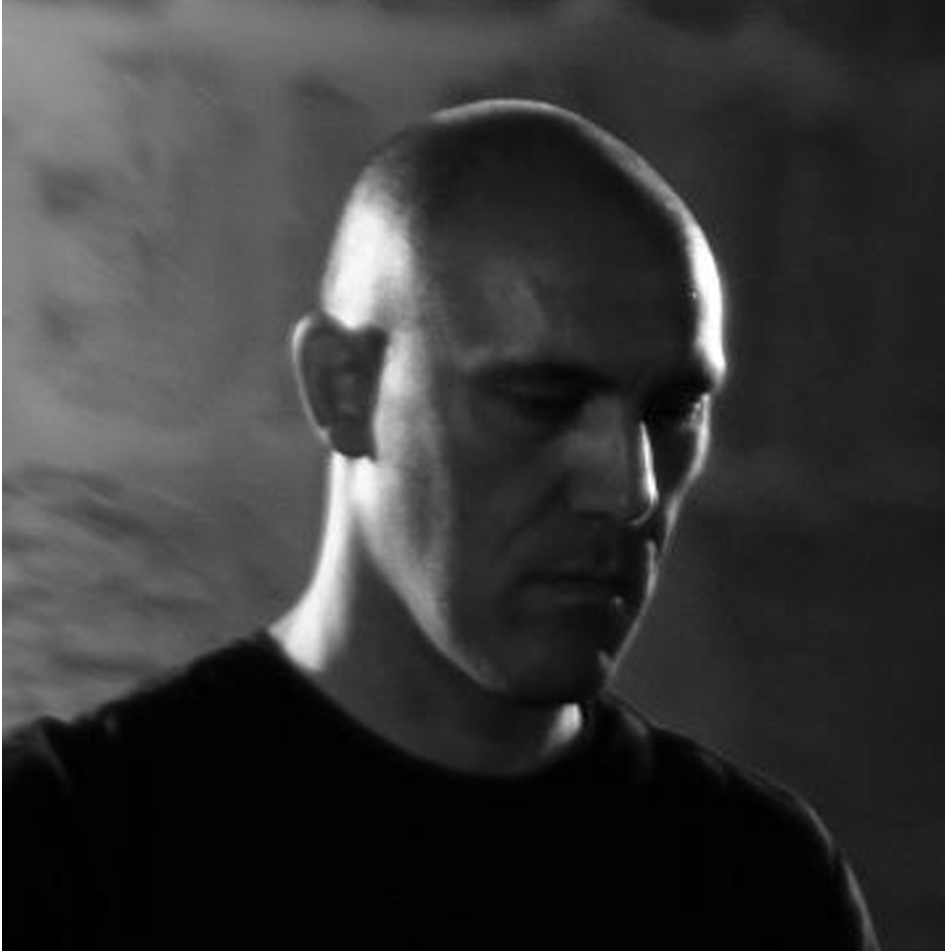
Ridistribuire NoAltRight
Luigi Morleo
Luigi Morleo (born 16 November 1970 in Mesagne, Province of Brindisi) is an Italian percussionist and composer of contemporary music, who lives in Bari and teaches at the Niccolò Piccinni Conservatory. He uses varied musical and artistic styles like minimalism, rock-cross-over, folk-Pop, jazz, electronica and DJ.
Redistribute wealth and access to natural resources between North and South and between classes, generations and individuals; this is a good idea for our future.
-
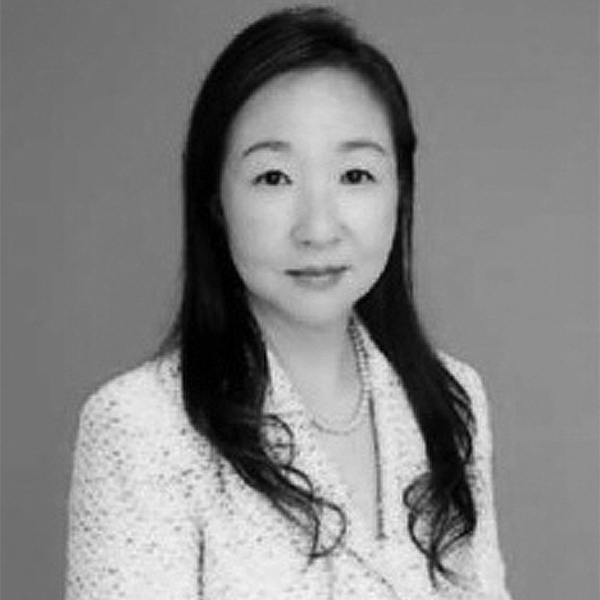
Shi-no-no-me
Kaori Nakano
Kaori Nakano is a piano teacher of Yamaha Popular Music School in Japan, jazz pianist, arranger and composer. The SEMI-Finalists of International Songwriting Competition 2011, 2020(Jazz category), Black House Saxophone Quartet Competition Winners (2013). Her "Improvisation for Flute" was performed and recorded by Dr. Iwona Glinka.
“Housai-no-gi” is one event of the Japanese traditional shrine festival (”Thoku-sai”) that emperor bring the offerings of God. It’s held early in the quiet morning. It made me travel back in time to the “Heian-peried”. This “Shi-no-no-me” is the impression of this old ritual.
-

Sakura no Ue ni Yumenotori
Gardika Gigih Pradipta
Gardika Gigih is a composer from Indonesia. He studied music composition in Indonesian Institute of The Arts . His artitic trajectory span wide from composing for concerts, film music, improvisation, and soundscape. In 2019 he did soundscape research in Southeast Asia - Japan supported by The Japan Foundation
This piece is my memory about birds sound during spring in Japan, especially when Sakura trees bloom. It's kind of spiritual and dreamlike atmosphere for me who came from tropical Java, Indonesia - and I always feel Hichiriki from Gagaku instruments is very spiritual and dreamlike feeling.
-

Hichiriki in Continuous Acceleration
Renaldo Ramai
I hold the world record for ‘Fastest Piano Arpeggios’ and the ‘Longest Marathon Playing Bass’. I won the national guitar competition ‘Guitar Wars’. I am currently pursuing a PhD in music composition at the University of Manchester and recently received the Proctor-Gregg Prize for Excellence in Music Composition.
: This piece explores the concept of time as a moving canvas; where music is metaphorically painted onto a canvas that is not stationary. The musical material is written to continuously accelerating musical measures in such that the tempo appears to not come to a conclusion until the end. -
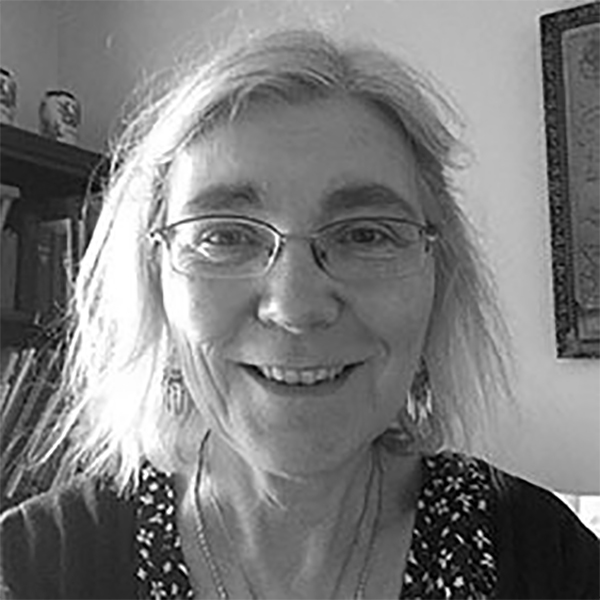
Windflow
Anna Vriend
Anna Vriend won third prize in the VIII International Composition Competition Opus Ignotum (Czech Republic) with “Což ten slavíček”, a work for women’s choir and obligato flute. Both her works “Icebreaker” and “Intrada & Bourrée”, for bass clarinet solo and reed quintet respectively, have been published by Alea Publishing.
This piece was written in 2021 for Fifteen Minutes of Fame organised by Vox Novus for Thomas Piercy.It is an attempt to depict the movement of the wind as occurs in an occasional breeze, making use of traditional techniques on hichiriki, such as osu, tataku, enbai and mawasu. -
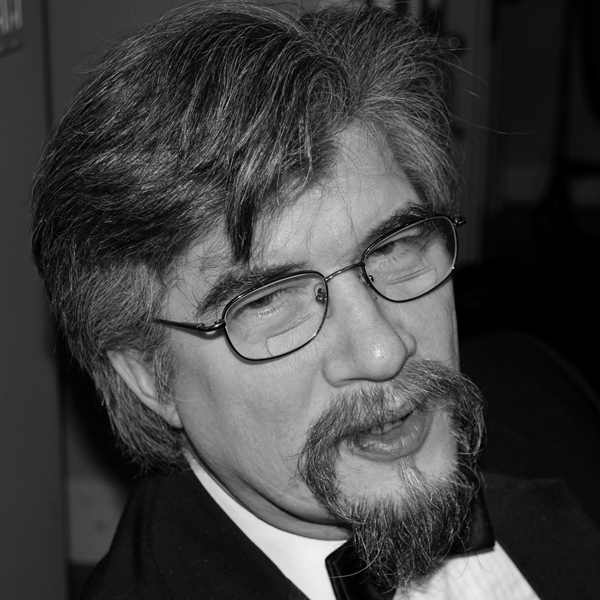
Short Meditation
Frank E Warren
Frank E. Warren composer, arranger, publisher, has written for chorus, chamber and jazz ensembles in a variety of media with poets, visual artists and modern dancers. His music has gained recognition on six continents. First Prize winner New Music for Young Ensembles, and Art Song Society of St. Paul.
Short Meditation: for unaccompanied Hichiriki, is written for and dedicated to Thomas Piercy. It is a short contemplative work, written freely so the performer may fully express themselves. It allows heavily on improvisation, and the utilization of traditional ornamental methods used with this instrument.